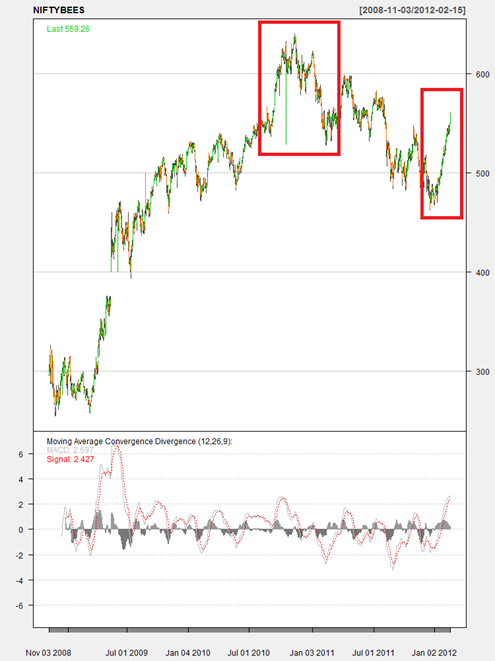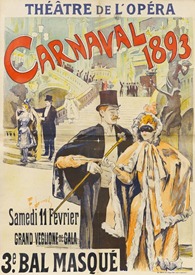Kim Asger Olsen, an investment manager, has a succinct way of looking at the timeframes in which different people live. People active in the financial markets – traders, investment managers – live in the Real Market Time (RMT). It is rather different from Economist’s Hypothetical Time (EHT) or even Newspaper Headline Time (NHT).
The ability to figure out what matters and what doesn’t is key to living in the RMT. Bloggers, on the other hand, tend to work in EHT (they dwell for too long on what already belongs in the past in RMT). And by the time it hits the Hindu (NHT) it doesn’t matter any more.
In RMT, if the can can be kicked down the road, it will be, and its good enough. People like Nouriel Roubini, David Rosenberg, etc live in the EHT – EHTers look at Greece, Portugal, Italy, China and think it spells the end of the world. The fact of the matter is that you will never have all the data you need to make decisions in real-time. Leave it to EHTers and the Hindu to be the Monday morning quarterback.
Read more here: http://economicsacloserlook.blogspot.in/2012/01/quotes-and-time-zones.html







